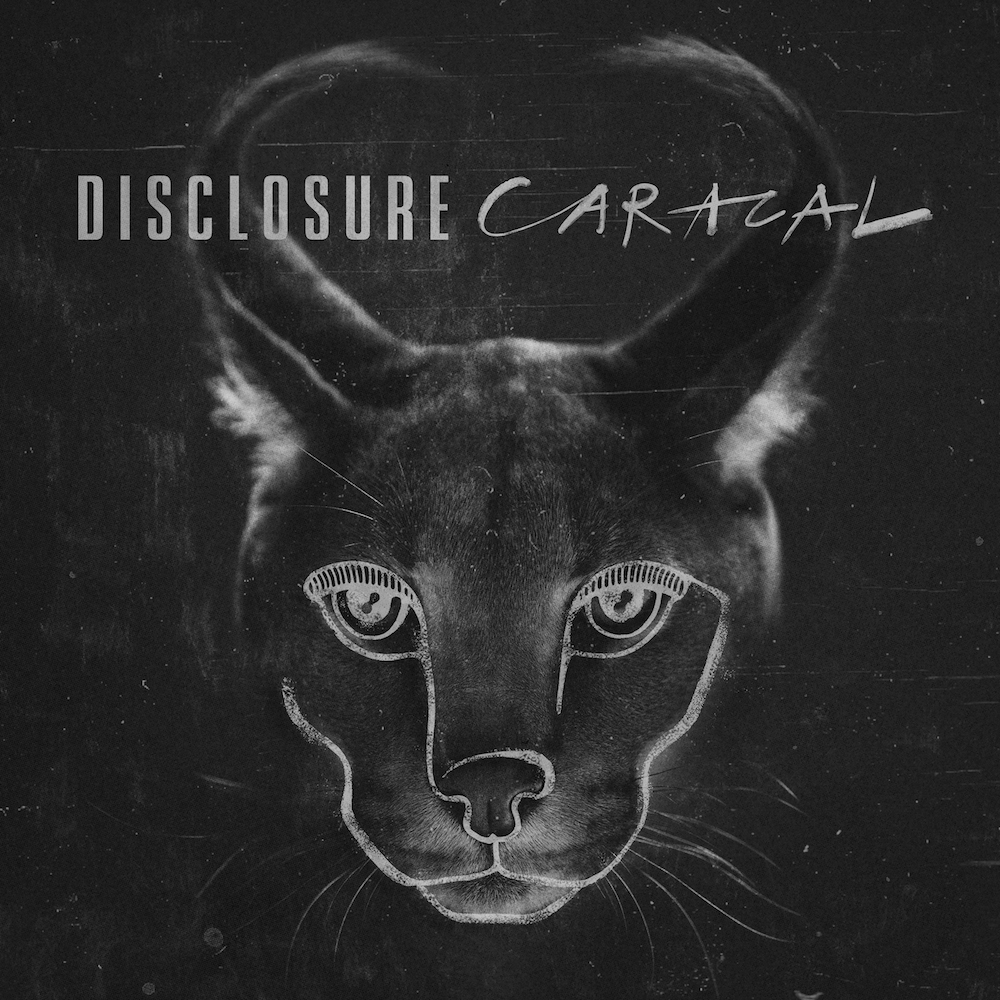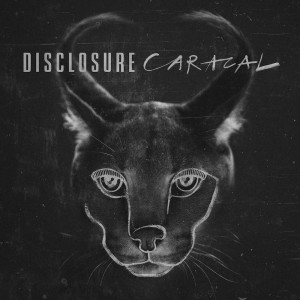
6.3
Caracal
Disclosure
Dance music is seemingly everywhere these days, and Disclosure has played an important role in the genre’s rise to ubiquity. English siblings Guy and Howard Lawrence made a big splash with their 2013 debut Settle, particularly in Britain, where the album was nominated for the prestigious Mercury Prize, was certified platinum, spawned a string of hits, and helped to launch singer Sam Smith’s career.
Much like Settle, the follow-up Caracal mixes the brothers’ festival-friendly beats with pop vocals from a string of notable guests, including fellow radio stars Lorde, the Weeknd, Miguel and Kwabs. Naturally, Sam Smith makes another appearance, lending his vocals to the single “Omen.” In other words, this album has all the makings of becoming another epoch-defining smash.
And yet, Caracal doesn’t have much of a spark. It’s by no means a disaster, but the formula feels played out: there are thumping, four-on-the-floor beats paired with melodies that are pleasantly inoffensive. The Weeknd’s “Nocturnal” effectively plays off the singer’s image as a tortured night crawler, but he’s not quite on his A-game; “Can’t Feel My Face” this isn’t. Sam Smith’s thumping “Omen” is more memorable, although his voice is so densely layered amidst surging beats and bloopy bass that he sounds like just another session singer. Lorde is her usual breathy, engaging self on the sultry “Magnets,” although the track prominently features the questionably superficial assertion, “Pretty girls don’t know the things that I know.”
Jazz singer Gregory Poster’s soulful voice sounds fantastic on the exuberant “Holding On,” which is a standout despite having a directionless structure that resembles a chopped-up dance remix rather than an original composition. Jordan Rakei’s appearance on the closing “Masterpiece” doesn’t quite live up to its title, but it’s a seductive slow jam nonetheless. The LION BABE-aided “Hourglass” is a less successful venture into R&B, sporting a dull funk-soul melody that sounds like a parody of itself (think the Lonely Island’s “Sax Man”).
There’s nothing particularly wrong with most of these songs, which are more suited to doing the dishes or driving the kids to soccer practice than they are to actual dancing. (If there was ever a dance record that’s destined to be heard primarily out of laptop speakers, it’s this one.) But there also nothing particularly good about these songs, which suggest that it might be time for the Lawrences to start subverting the scene that they helped to build. Such is the fate of any artist that helps to define a movement: what once sounded fresh and exciting eventually becomes polite and conventional.
Review by Alex Hudson
Latest Reviews
Tracks
Related Albums
Related News
Advertisement
Looking for something new to listen to?
Sign up to our all-new newsletter for top-notch reviews, news, videos and playlists.










